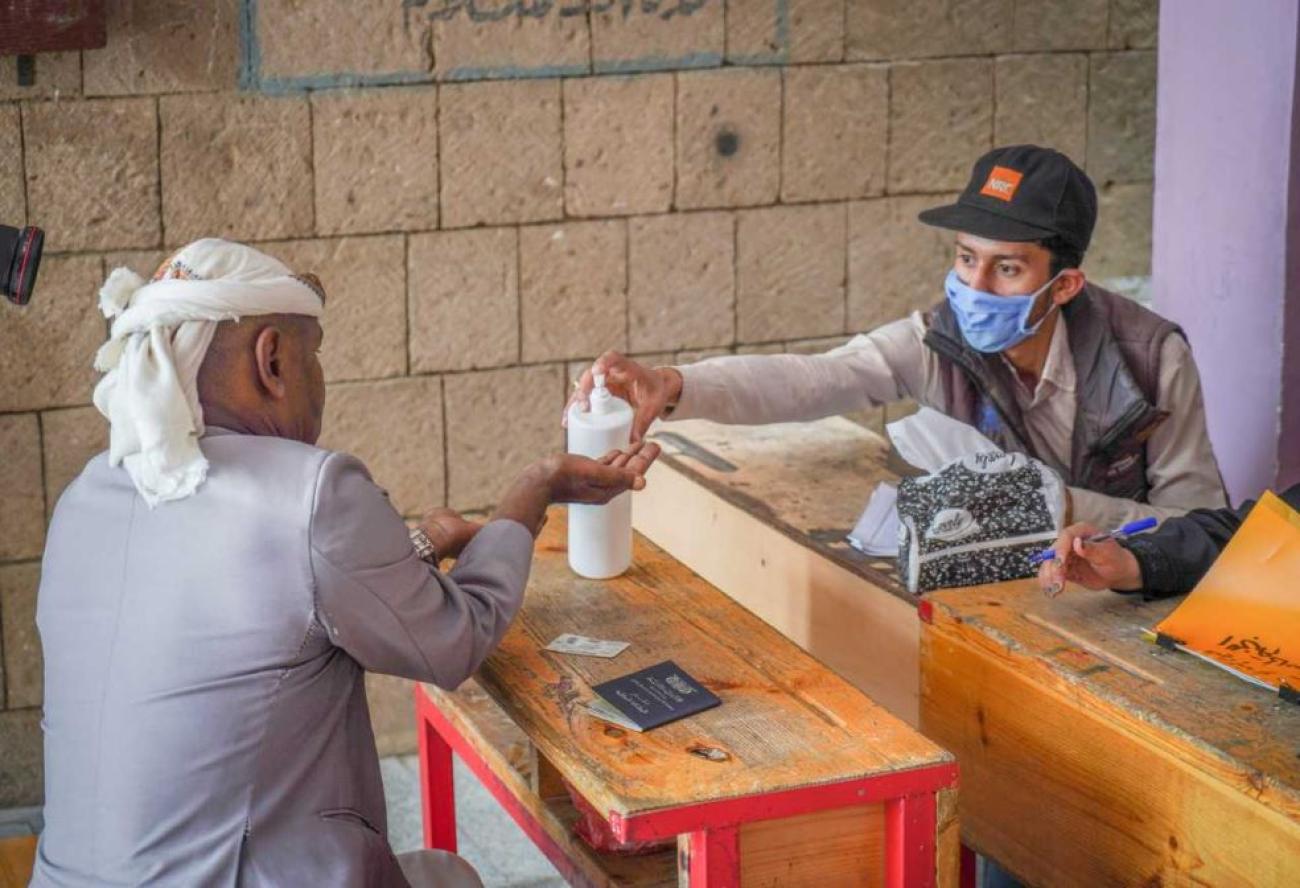Unless funding is urgently received, 31 of the UN’s 41 major humanitarian programmes will either reduce or shut down in the coming weeks.
The UN and humanitarian partners are deeply concerned by the presence, and the potential for the rapid spread of COVID-19 in Yemen. To date, Yemen has confirmed a single case of the virus, on 10 April in Hadramaut.
“Since the first confirmed COVID case, we have warned that the virus is now in Yemen and may quickly spread,” said Ms. Lise Grande, the Humanitarian Coordinator for Yemen. “The factors are all here. Low levels of general immunity, high levels of acute vulnerability and a fragile, overwhelmed health system.”
“There’s no time to lose. People have to be informed accurately and quickly about what is happening so they can do what’s necessary to protect themselves and their families,” she added.
The UN and its front-line partners continue to advocate for necessary steps, provide guidance, and coordinate with and support health authorities to suppress transmission, prepare and equip COVID-specific hospitals and isolation units, secure supplies, identify and treat people with the virus and inform the public about the virus and how communities can protect themselves.
Yemen is the largest humanitarian operation in the world, reaching more than 13 million people each month. Nearly 80 per cent of the population requires some form of humanitarian assistance and protection. Ten million people are a step away from famine and 7 million people are malnourished.
Unless funding is urgently received, 31 of the UN’s 41 major humanitarian programmes will either reduce or shut down in the coming weeks. Health partners require hundreds of millions of dollars for COVID-19 programmes.



